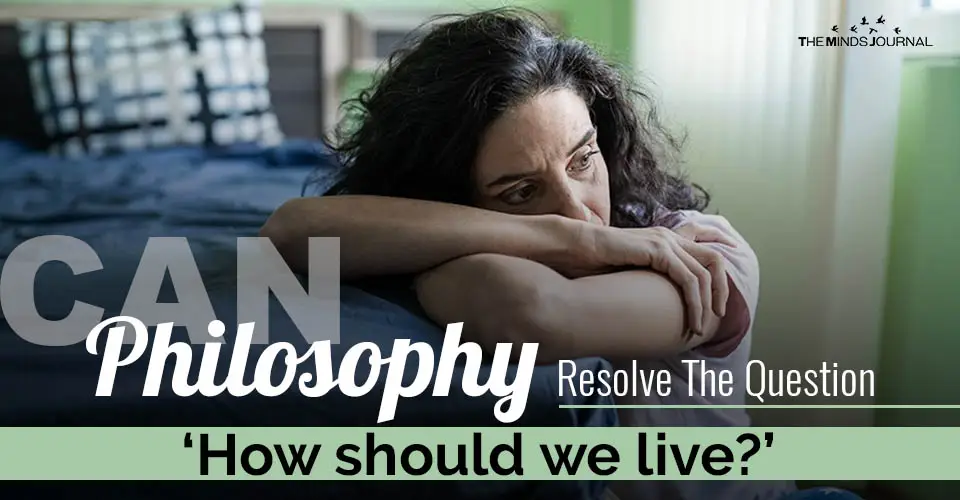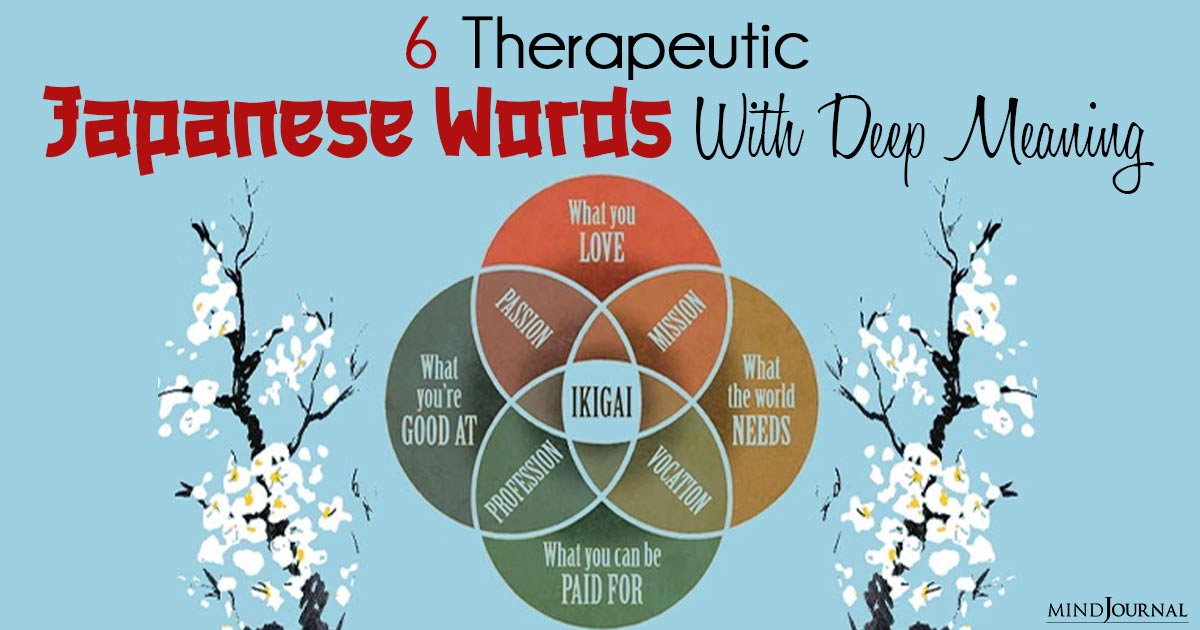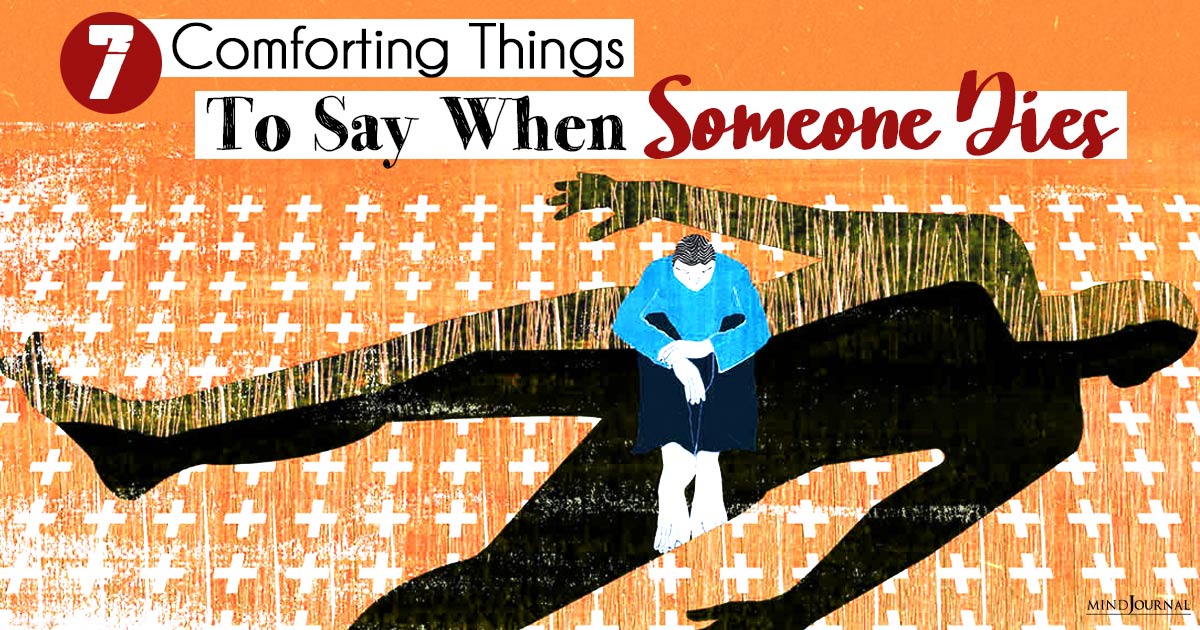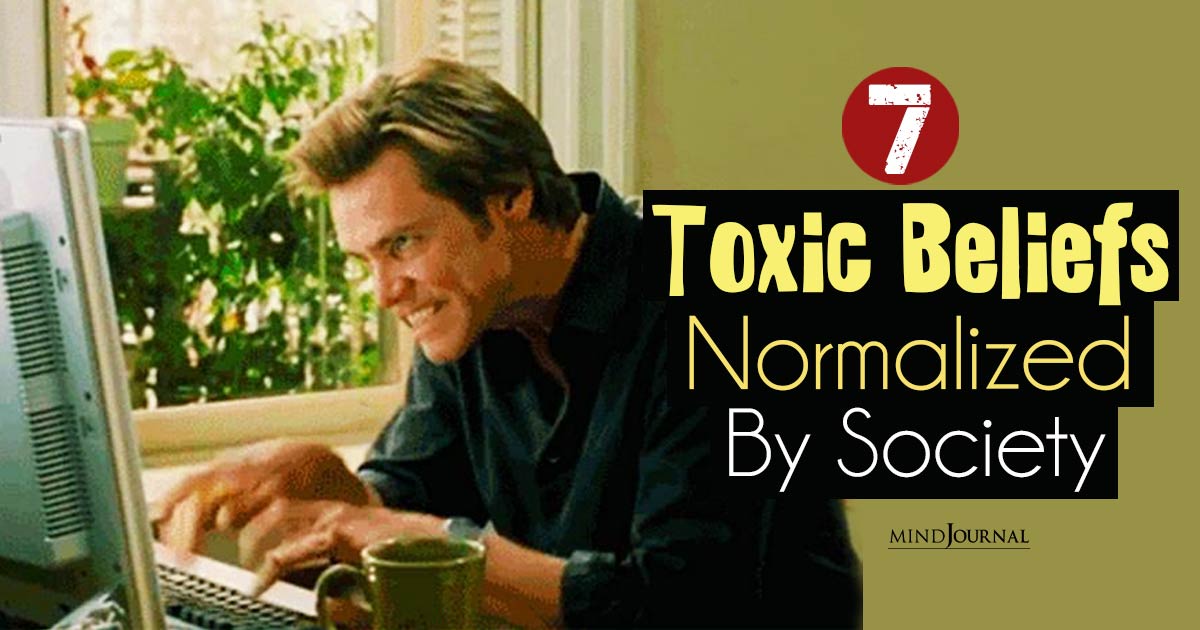The question How should we live? is one that many ask in a crisis, jolted out of normal patterns of life. But that question is not always a simple request for a straightforward answer, as if we could somehow read off the ‘correct’ answer from the world.
This sort of question can be like a pain that requires a response that soothes as much as it resolves. It is not obvious that academic philosophy can address such a question adequately.
As the Australian philosopher Raimond Gaita has suggested, such a question emerges from deep within us all, from our humanity, and, as such, we share a common calling in coming to an answer. Academia often misses the point here, ignoring the depth, and responding as if problems about the meaning of life were logical puzzles, to be dissolved or dismissed as not real problems, or solved in a single way for all time. True, at various times philosophers such as Gilbert Ryle and more recently Mikel Burley have called for a revision of academia’s approach towards these sorts of questions, for a ‘thickened’ or expanded conception. But, while improving our awareness of their complexity and diversity, such approaches still fail to address the depth that their human origin provides.
How should we live
The presence of humanness, or depth, to these sorts of questions comes not just from the context in which they’re asked, but also from their origin, their speaker. They are real questions for real people, and shouldn’t be dismissed with a logical flourish or treated like an interesting topic for a seminar.
I would laugh if I heard a computer ask How should we live? after beating it at chess, but I would cry to hear a wife ask her husband, on the death of their son, How should we live? Although the same words have been uttered, these questions have a different form: the mother’s question contains a qualitative depth, humanness that isn’t there in the computer’s question. We must acknowledge this if we want to find an answer to the specific question she asked with such poignancy.
Related: #1 way to happiness according to Harvard study
The computer is a thing that cannot meaningfully ask those sorts of questions; in contrast, it’s offensive to call a person a ‘thing’. Only a human can ask that sort of question within this sort of context. We would hear the mother’s words and say that they contain a depth that’s revealing something perhaps previously hidden about herself; the computer’s question isn’t even said to be shallow.
It seems to have nothing of that sort to reveal about itself whatsoever, like a parrot repeating the words it has been taught without the complexity of the human context that gives them their usual meaning. This isn’t to say that computers won’t one day be intelligent, ‘conscious’ or ‘sentient’, or that human language is ‘private’; it’s closer to the Wittgensteinian remark that: ‘If a lion could talk, we could not understand him.’
This means that the form that a language takes reflects the complex social context of the life of the speaker, and the degree to which I share a similar form of life with the speaker is the same degree to which I can meaningfully understand the utterance. The ‘life’ of the computer, we suppose, is either one-dimensional due to it lacking depth or, even if it has depth, it would be uncommunicable through human language, because, simply put, we and they differ so much. The humanness that provides the depth to our language is simply inaccessible to silicon chips and copper wires, and vice versa.
This depth to the human condition is part of what we mean when we speak of our humanity, spirit or soul, and anyone who wishes to question or explore this aspect of the human condition must do so in a form of language that can access and replicate its depth. We call those sorts of languages spiritual. But this way of speaking shouldn’t be taken literally. It doesn’t mean that spirits, souls, and God exist, or that we must believe in their literal existence in order to use this sort of language.
Related: 50+ Quotes About Happiness To Make You Feel Good About Life
Questions about the meaning of life and others of a similar kind are often misconstrued by those too ready to think of them as straightforward requests for an objective true answer.
Consider, for example, what atheists mean by ‘soul’ when they refute the cognitive proposition that asserts the literal existence of souls, in comparison with what I mean when I describe slavery as soul-destroying.
If atheists were to argue that slavery cannot be soul-destroying because souls don’t exist, then I would say that there’s a meaning here that’s lost on them by being overly literal.
If the statement ‘Slavery is soul-destroying’ is forced into a purely cognitive form, then not only does it misrepresent what I mean to say, it actively prevents me from ever saying it. I want to express something that represents the depth of the sort of experience I’m having: this isn’t a matter of making an implied statement about whether or not souls exist – it’s not affected by the literal existence or non-existence of souls.
Related: How To Find A Purpose in Life and Give Your Life Meaning?
This sort of meaning to spiritual language is found at a different dimension to where cognitivists look, irrespective of their atheism, and this is achieved through our capacity to embed a dimension of depth to the form of our language through the non-cognitive process of expressing, describing and evoking our sense of humanity within one another.
When considering how to answer the question How should we live?, we should first reflect on how it is being asked – is it a cognitive question looking for a literal matter-of-fact answer, or is it also in part a non-cognitive spiritual remark in answer to a particular human, and particularly human, situation?
Philosophy cannot resolve this question ‘How should we live?’
This question, so often asked by us in times of crisis and despair, or love and joy, expresses and indeed defines our sense of humanity.
Can philosophy can save your life? Watch this video:
Written by: Dave Ellis
Originally appeared on: Aeon








Leave a Reply
You must be logged in to post a comment.